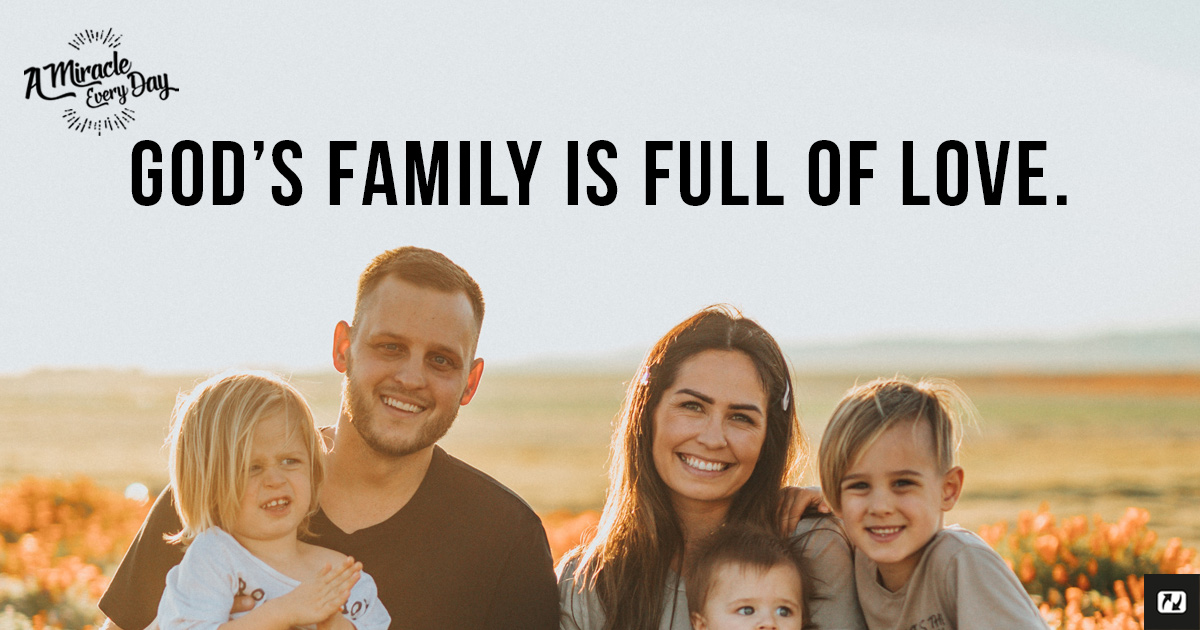Discover the Different Sorts of Biblical Loveనమూనా

“I love you, brother”

I have the privilege of having two sisters and two brothers in my life. I was the baby in the Goulet family, and my mom does not hide that I was a surprise. She was 38 years old when she had me, and her health was always quite sketchy.
It seems amazing that we just celebrated her 100th birthday a few months ago. I use the term loosely because COVID-19 stopped us from seeing her or celebrating as a family. It was a real bummer, but a good Zoom meeting consoled us a bit.
As the baby, I can honestly confirm that “phileo” love is real and powerful. The Bible speaks of this type of love as brotherly love: “But concerning brotherly love you have no need that I should write to you, for you yourselves are taught by God to love one another;” (1 Thessalonians 4:9, NKJV).
Have you ever experienced the joy of brotherly love? Do you have brothers or sisters? Were they loving and kind, and were you loving and kind?
I have tremendous memories of the relationships I have with my siblings. We don’t always agree on politics or faith, but we still love each other—it’s like a constant in geometry or calculus. No matter what happens, we will always be family. We will always love each other.
Do you have that depth of safety and belonging? The Bible says that it’s available to each of us. Once we receive Christ, we belong to a whole new family. “So, you are not foreigners or guests, but rather you are the children of the city of the holy ones, with all the rights as family members of the household of God.” (Ephesians 2:19, TPT)
May I encourage you to find a home church that practices real family? God is our Father, so that makes us all brothers and sisters. We all need to belong to a family. You may come from a dysfunctional or even abusive family, but I have great news for you: you’ve been adopted into a new family. You are accepted and loved in this new family because you are a miracle.
Your friend, Paul Marc Goulet
ఈ ప్రణాళిక గురించి

Agape love is the greatest and rarest form of love. It’s found in the New Testament 116 times and usually means the unconditional love of God. In this reading plan, you'll learn more about the love of God.
More









